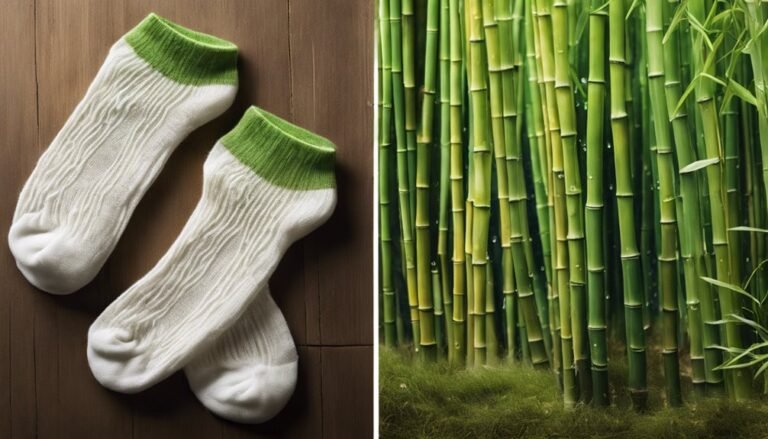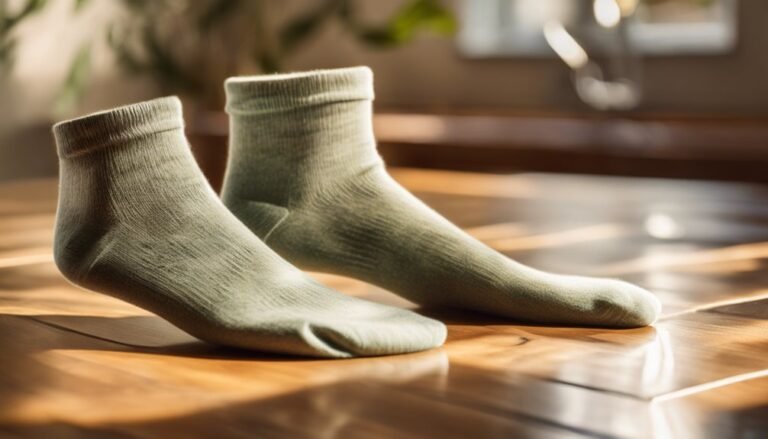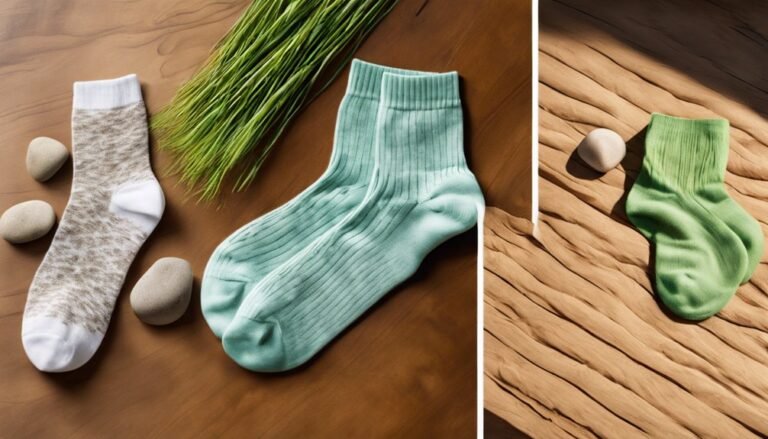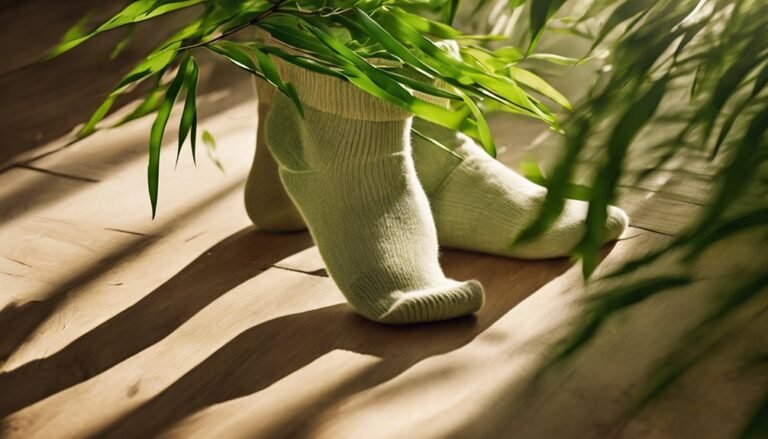Bamboo Vs Wool Socks
When choosing between bamboo and wool socks, each offers distinct advantages. Bamboo fibers provide excellent moisture-wicking and anti-bacterial properties, ensuring dry and odor-free feet. Wool's unique crimped structure excels in thermal regulation, offering superior warmth retention even when wet. Bamboo's biodegradable nature contrasts with wool's higher carbon footprint but shares durability. Your needs for comfort,…







